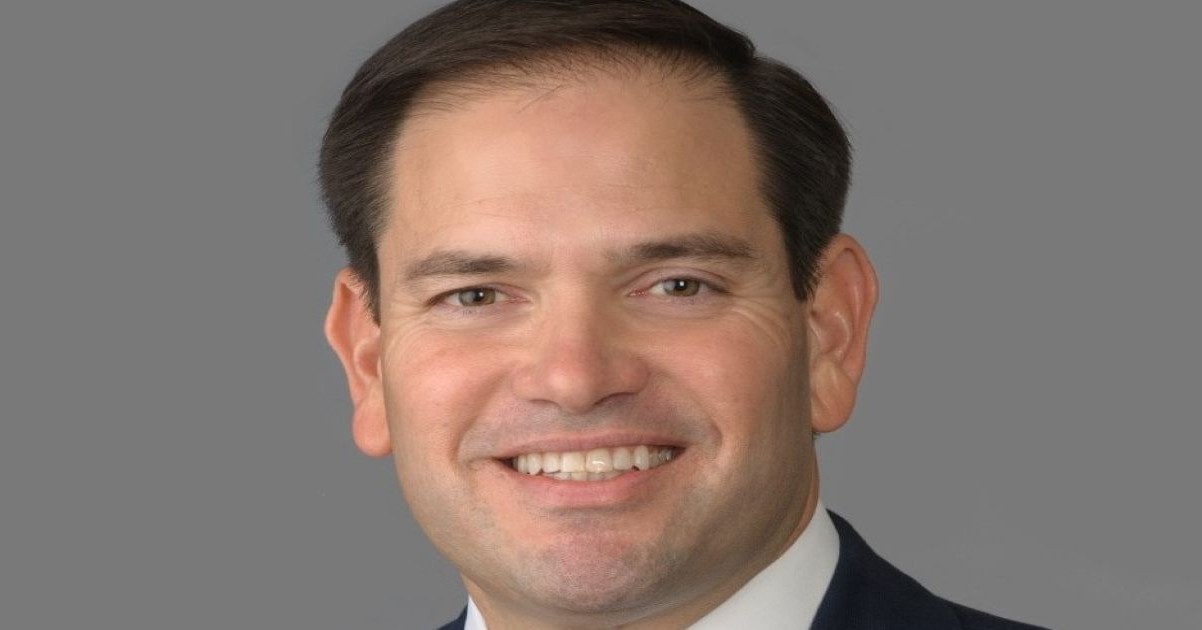Failed attempt to serve arrest warrant on South Korea's impeached president results in tense standoff
South Korea has been in a state of political chaos over the past month after its president declared martial law in early December, only to then rescind the order following fierce pushback that led to his impeachment and suspension from power.
Government investigators backed by police officers tried but failed on Friday to serve an arrest warrant on the embattled president, as they were blocked from doing so by a contingent of loyal soldiers and the presidential security service, according to The New York Times.
The tense standoff between around 100 investigators, prosecutors, and police officers against around 200 elite military troops and bodyguards lasted more than five hours before the government forces eventually retreated rather than risk violence by continuing the effort to detain the president.
President's bodyguards and troops block police from serving warrant
Per The Times, the failed attempt to detain impeached President Yoon Suk Yeol began Friday morning when a group of around 100 investigators, prosecutors, and police officers with South Korea's Corruption Investigation Office tried to make their way up a winding road to serve an arrest and search warrant on the presidential compound atop a large hill in Seoul.
That group of officials worked their way past two blockades formed by people and vehicles before they were halted by the immoveable obstruction of 10 large buses and numerous cars along with around 200 elite military troops and personal bodyguards for the president.
There were a few minor scuffles as attempted incursions of that final blockade were turned back but no widespread clashes erupted. Instead, a trio of prosecutors were allowed to pass but were denied entry at the residence to serve the "illegally" issued warrant, and the entire affair was eventually called off when the government officials retreated down the hill to a main road where hundreds of anti-Yoon and pro-Yoon protesters had gathered.
The standoff to block service of the arrest warrant was "deeply regrettable," according to the Corruption Investigation Office, which has accused Yoon of abusing his authority and fomenting an insurrection, and the agency said it would internally "discuss what our next step should be."
How did this happen?
CNN reported that President Yoon declared martial law on Dec. 3 and unsuccessfully sent military troops to try and stop the National Assembly from voting to overturn that declaration, which happened about six hours later, with Yoon's Cabinet voting in agreeance to reverse the declaration shortly after that.
Less than two weeks later, Yoon was overwhelmingly impeached by the Assembly, including by some members from his own party, and has since been holed up in the presidential compound after his executive powers were suspended. His impeachment trial will begin later this month and could last into the summer.
Meanwhile, as other top officials allied with Yoon have been arrested and criminally charged for their alleged roles in the purported attempted insurrection, thousands of protesters have taken to the streets both in support of and opposition to the president, and the government has been largely paralyzed for the duration of the crisis.
Validity of warrant questioned as attention turns to protective service
ABC News reported that the arrest warrant for President Yoon is valid until Monday, Jan. 6, so it remains possible that another attempt could be made to take him into custody, unless the CIO decides to wait to obtain a second warrant and try again at a later date, or perhaps negotiate a surrender, though Yoon has vowed to supporters that he intends to "fight to the end," per CNN.
The arrest warrant has been sharply questioned by many legal experts, in large part because of its unprecedented nature in targeting a sitting president but also because it excludes many provisions of the nation's Criminal Procedures Act and due process, as well as allegedly going beyond the CIO's scope of authority and violating separation of powers principles.
Now, after the CIO found it to be "virtually impossible" to serve that warrant on Friday, attention and accusations have turned toward the Presidential Security Service that blocked the service of the warrant.
Indeed, the CIO and opposition leaders are now demanding the protective unit stand aside amid talk of criminal charges for obstruction of justice, but at least as of now, the team of bodyguards have remained defiant and refused to abandon their duty to protect the president, regardless of politics, at all costs.




